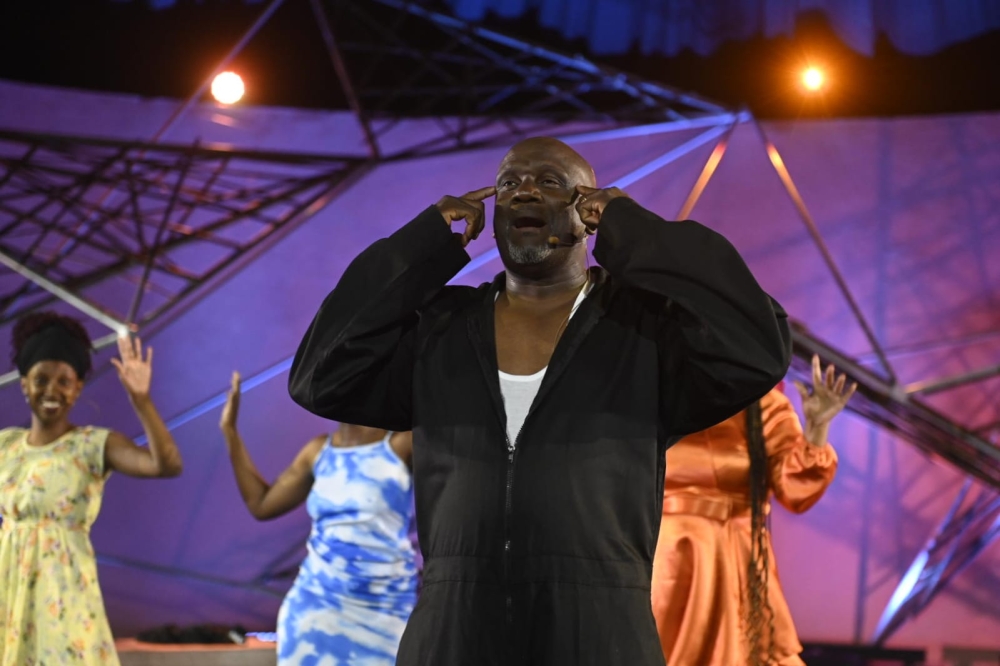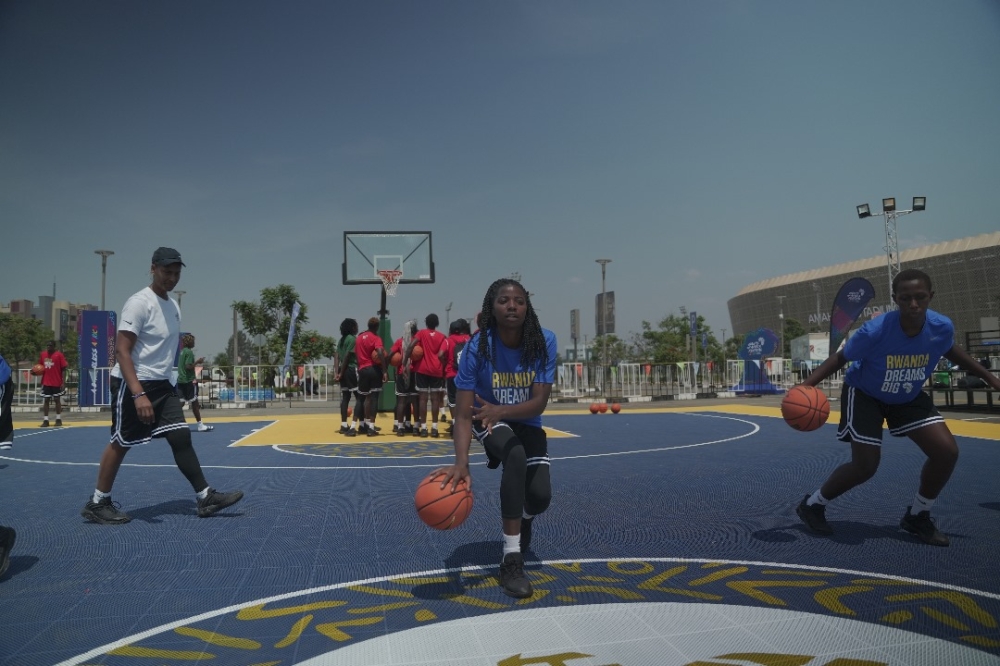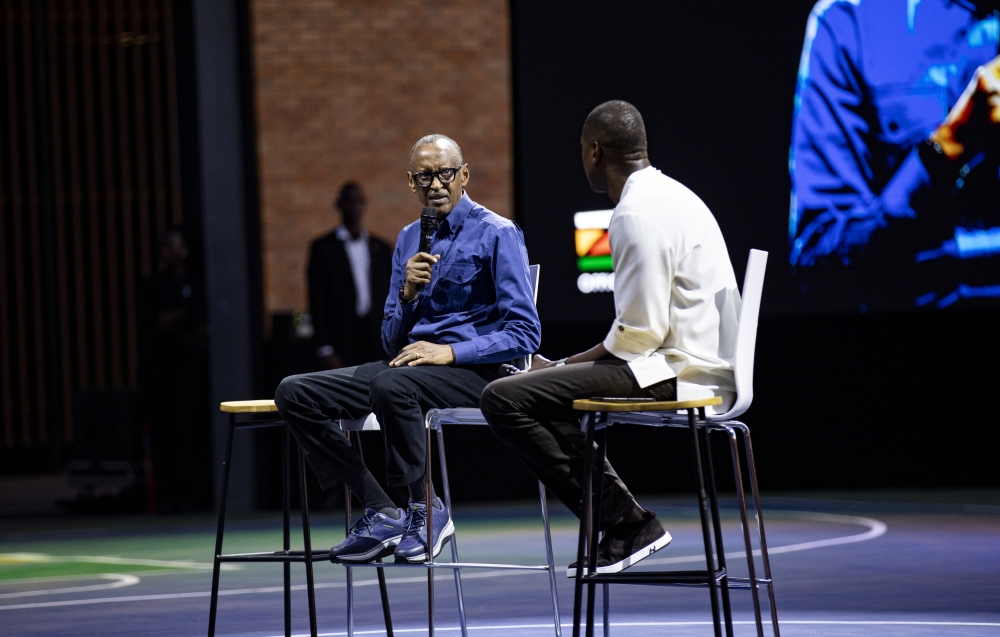You’ve sent in your perfectly manicured résumé and flawless cover letter. You’ve researched the company and gave brilliant responses to tough interview questions. You’re probably a strong candidate—but forget to smile, slouch in your chair or fail to make eye contact during the interview, and you could be out of the running.


You’ve sent in your perfectly manicured résumé and flawless cover letter. You’ve researched the company and gave brilliant responses to tough interview questions. You’re probably a strong candidate—but forget to smile, slouch in your chair or fail to make eye contact during the interview, and you could be out of the running.Here are some interview body language mistakes that could cost you a job offer.Weak HandshakeBefore you shake hands, rise, walk up to the hiring manager with confidence, make eye contact and smile."Make sure your handshake is firm, but don’t crush the hiring manager’s hand,” says body language expert and author Patti Wood. "The secret to a great handshake is palm-to-palm contact. Slide your hand down into the web of theirs and make palm-to-palm contact. Lock thumbs with the hiring manager, and apply as much pressure as he or she does.” But remember that the appropriate pressure varies from culture to culture.Invading Personal SpaceBe respectful of the hiring manager’s personal space. Don’t stand too close and certainly don’t hug them.Crossing Your ArmsThat can make you look defensive or uncomfortable. Instead, gesture with your hands. That way you’ll appear more enthusiastic and engaging.Playing With Your Hair"It’s a stress comfort cue that can make you look childish,” Wood says. You don’t want to distract the hiring manager with this body language gaffe.Bad PostureSit up straight. "Asymmetrical body language can make you look confused or dishonest,” Wood says.Lack Of Eye Contact"It’s okay for the candidate to look away when he or she is talking,” Wood says. "It’s normal to look around when you’re speaking because you’re accessing different parts of the brain by moving your eyes. But be attentive and make eye contact when the interviewer is speaking.” Think of eye contact as a connection tool.Looking Like You’re Not Interested"It’s fine if you have an expressive face,” Wood says. "It makes you more likeable.” But be aware of your facial expressions, and don’t check your watch or your cell phone during the interview.Not smilingYou can all too easily appear nervous or unfriendly. Smile, but keep it subtle.FidgetingDon’t touch your face, play with change in your pocket or bite your nails. Fidgeting is a distraction and a sign of anxiety.Hiding Your Hands"Don’t sit on your hands or hide them in your lap,” Wood says. "Place them on the arms of your chair or the desk or use them to gesture. Gesturing makes you look more expressive, and the interviewer can read how open and honest you are by looking at your hands.”Forbes






